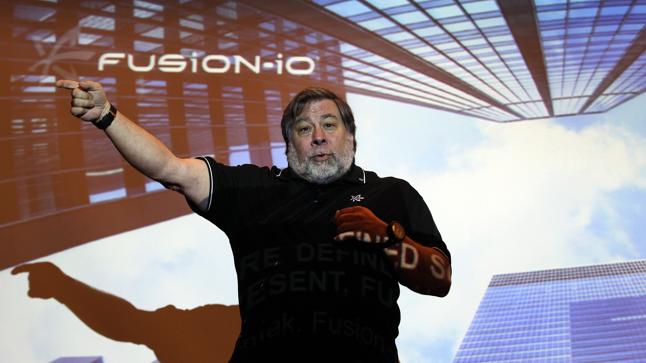In a world that has been opened up massivley by technology, the article above shows the irony of how closed it still is. Everyone will agree that planes, phones and the internet have opened the doors to working towards harmonisation, yet the same instruments’ IP are restricted by geographic jurisdition. Currently, the Madrid system is the primary system for registering multiple trademarks in different jurisdictions. The system was derived from the Madrid Agreement (1891) as well as the Madrid protocol (1989) and is administered by the World Intellectuial Property Organisation (WIPO) http://www.wipo.int/madrid/en/. Initial support for this system had been stagnant as the main trading countries were not a member of this system. By 2004 both the US and EU were members adhering to this protocol and as a result more countries are following the Madrid Protocol. The question is,should it be made easier for companies to register a trademark internationally?
Read MoreAll posts by
The High Court has ruled that Fortescue Metals Group did not mislead investors in regards to their binding contracts with Chinese parties. This outcome will have a significant effect on other similar cases and forces ASIC to rethink its litigatino strategy.
Read MoreThe High Court has ruled that Qantas is liable to pay GST on tickets bought by passengers who do not end up taking their flights.
Read MoreSteve Wozniak’s view on the NBN and leading on to young entreprenuers. Best quote from the article is, “he feared the torrent of intellectual property lawsuits being filed by companies such as Apple, Samsung, Google, HTC and Nokia because they could prevent future entrepreneurs from treading a path to technology fortune.” This is extremely important and under emphasised in media, as there aren’t many questioins being asked on the effects of patents and its potentail restriction on furthering the development of technology.
Read MoreThe AFL grand final is yet to be played but Telstra may have already kicked a winning goal: its AFL smartphone app has been downloaded almost 1 million times and the telco says its $153 million investment in internet rights will soon start to pay off.But it may end up being a victim of its own success. Rival sporting codes are set to charge Telstra and other broadcasters a rising premium to beam live matches straight to smartphones.Sports-related apps are big business – so big that Tennis Australia is considering letting punters place bets through their apps while watching live games.
Read More

















Recent Comments